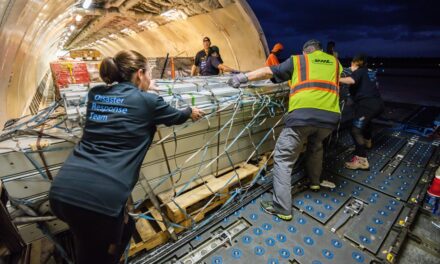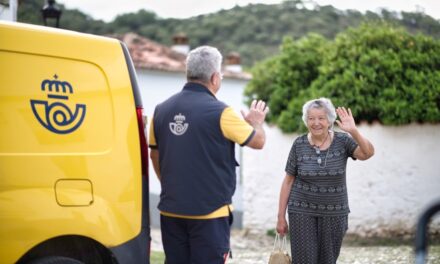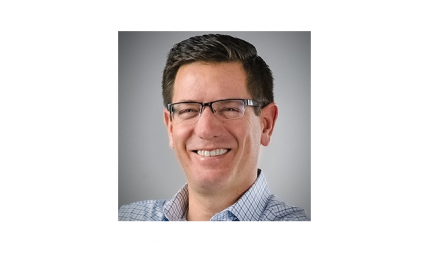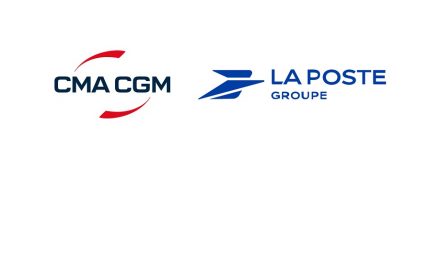
World Bank and ‘La Poste’ team up to reach socially responsible French investors
The World Bank and La Poste, the French postal system, have teamed up to offer a new investment product for French retail investors. For the first time starting today, individual investors will be able to purchase a La Poste financial product called 'Toniciel Banque Mondiale,' making it easier for individuals to help fund, and have direct information on, the World Bank's programs in developing countries.
From June 6 to July 20, 2005, La Poste clients will be able to invest a minimum of EUR500 in the La Poste 5-year term deposit, 'Toniciel Banque Mondiale.' The funds invested in this product will be used by La Poste to purchase a bond issued by the International Bank for Reconstruction and Development (IBRD), the main lending arm of the World Bank.
The total size of the bond purchased by La Poste will be determined by demand for the term deposit, but is expected to be at least $10 million equivalent in Euros, the minimum normally raised in a private placement of a World Bank bond with institutional investors. The World Bank issues bonds in the capital markets to raise funds for programs to improve living conditions in low- and middle-income countries.
Patrick Werner, Deputy General Director and Director of Financial Activities at La Poste, says: "Through this unique partnership, La Poste is offering its clients an original and responsible product.. This way we can fulfill our ambition to become a bank like the others, as we broaden our offer of short term accounts, and at the same time a bank not quite like the others, as we designed a product allowing a return on an investment that combines both sustainability and solidarity."
La Poste offers domestic retail financial services to its clients in addition to its postal services. The World Bank bond is to be placed entirely with Efiposte, a subsidiary of La Poste. La Poste will originate the funds to invest in the World Bank bond by offering a La Poste term deposit that will explicitly be connected to the World Bank placement with Efiposte. The La Poste term deposit will pay a fixed rate coupon that increases every six months ("step-up coupon") until its final maturity after 5 years. As is the case with other La Poste term deposits, investors have access to their funds at any time, without being charged a penalty. Clients of La Poste will learn about World Bank activities when they make their investment, and will continue to be informed during its lifetime.
Says Ivan Zelenko, Head of Derivatives and Structured Finance at the World Bank: "The clients of La Poste will be offered an innovative product that combines three types of advantages: investment and a return on savings, direct information on the activities of the World Bank, and a concrete opportunity to show solidarity with developing countries."
According to Kenneth Lay, Deputy Treasurer at the World Bank, "The key point, which makes the deal more interesting, is that this arrangement with La Poste lets retail investors in France contribute more directly and substantively to the World Bank's development activities."
Whether described as social investing, ethical investing, mission-based investing, or socially aware investing, Socially Responsible Investment (SRI) reflects an investing approach that integrates social and environmental concerns into investment decisions. 'Toniciel Banque Mondiale' is one of a series of ethical investment products (produits solidaire) that La Poste offers its retail clients.
Background information on IBRD:
The World Bank, or the International Bank for Reconstruction and Development (IBRD), was established in 1944 to provide funds to help reconstruct Europe after World War II. France was one of the first countries to receive funds from the World Bank. The World Bank is owned by its 184 member countries; France holds 4.41 percent of the total subscribed capital of IBRD.
The World Bank Group's mission is to fight poverty and improve the living standards of people in the developing world. It is a global development Bank that provides loans, policy advice, technical assistance and knowledge sharing services to low and middle income countries with the objective of reducing poverty.
The World Bank is the largest financier in the developing world of basic health, education, nutrition, and environmental protection programs. The World Bank is also helping to fight corruption, and building roads and infrastructure that are important to fostering trade, allowing farmers to get their goods to market, and ensuring that countries can prosper.
Together with its partners in governments, a development strategy for each country is prepared that includes all sectors, as well as social and environmental aspects of economic growth; these strategies take into consideration all sources of financing and technical expertise that the government has available to it to implement the strategy.
Safeguards and other measures are in place to ensure that funds are used for their intended purposes. Examples of countries that IBRD lends to are: Mexico, Peru, Brazil, Bulgaria, Turkey, Morocco, and China. Project examples are available at: www.worldbank.org/dev360
IBRD provides loans to middle income countries, as well as other creditworthy but poorer countries, at market-based rates. IBRD's loans are usually for 15 to 20 years, with 3-to-5-year grace periods, and interest is based on market rates. IBRD is rated AAA/Aaa by Standard and Poor's and Moody's. IBRD raises funds for its development activities through the issuance of bonds that are sold to institutional and retail investors worldwide. IBRD's annual funding volume is currently USD$12-15 billion. Funds are raised through bonds issued in different markets, currencies, structures, maturities, etc and adapted according to investor demand and funding needs.
Shareholder support for IBRD is reflected in the capital backing it has received from its members and in the record of its member country borrowers in meeting their debt service obligations to IBRD. IBRD's five largest shareholders are the United States (16.4% of total voting power), Japan (7.9%), Germany (4.5%), France (4.3%) and the United Kingdom (4.3%).
IBRD's shareholders have subscribed to $189.7 billion of capital, $11.5 billion of which has been paid in and the remainder of which is callable if needed.
The callable portion may be called only to meet IBRD's obligations for borrowings or guarantees; it may not be used for making loans. No call has ever been made on IBRD's callable capital. IBRD has earned profits in every year since 1948 on an operating basis. Profits are used to fund further development activities. IBRD's financial policies and practices have led it to build reserves, to diversify its funding sources, to hold a large portfolio of liquid investments and to limit market and credit risk.
For more information on Toniciel Banque Mondiale, see the website:
www.lapostefinance.fr
For more information on the World Bank's Environmentally & Socially Sustainability work,
see the website:
www.worldbank.org/ess
For more information on World Bank bonds, see the website
www.worldbank.org/debtsecurities.
CONTACT: Rachel Winter Jones Tel: +33 1 40 69 3052 e-mail: [email protected] Kristyn Ebro Tel: +33 1 40 69 3038 e-mail: [email protected] Damian Milverton Tel: +1 202 473 6735 e-mail: [email protected] Alexandre Brouillou, La Poste Tel: +33 (0)1 55 44 2239 e-mail: [email protected]












